BY SARI FOUNDAS
Coming to Northern Ireland was definitely never on my bucket list. While I knew the region existed, I knew and cared very little about the rich history and background of the area that I was soon to call my home. Studying post-conflict society, the focus at the moment tends to be on the area of the Middle East or Southeast Asia. Little is said globally about the reconstruction efforts and the challenges that still face Belfast and Northern Ireland.
“Little is said globally about the reconstruction efforts and the challenges that still face Belfast and Northern Ireland.”
Because of this, I moved to Northern Ireland with little preconceived notions and no defined expectations of what people should act like or any opinions on the Troubles. I was open to learning about the history of Northern Ireland from different people. It wasn't until a month after I arrived that I realized that I was letting people discover their own identities and opening up the door to discussions that would be impossible otherwise. My status as an outsider allowed them to explain the history and background of this region with less bias and pressure to defend their views against supposed attacks. Through this exercise, with few leading questions, people started to realize their own inherent biases and points of view even about ideas and areas of knowledge that they didn't feel strongly about.
It's important for me to have a blank slate of perceptions of people, especially those who live in a post-conflict society where almost every action is a result of people's perceptions or a reaction to those. It's vital to approach from almost a research perspective, to listen with an open mind, and to not be affected by others' opinions about the same topic. It definitely takes restraint to respond to what you are directly interacting with, not what you have heard of or seen before.
Going forward from the Peace Agreement, Belfast and the Northern Irish people have definitely become a more integrated society, but there is still so much work to do, both in shaping the conscious actions and addressing the unconscious stereotypes. Through the Belonging Project Workshop Toolkit, I have seen many opinions about equality and diversity that seemed so black and white, become more nuanced and varied as conversation is encouraged and developed. The key to changing opinions is good listening skills and not immediately judging others statements and views, no matter how ignorant and biased you make think them to be. By actively listening, asking relevant questions to help yourself and others to broaden your perspectives and points of view, slowly we can change society as a whole.
